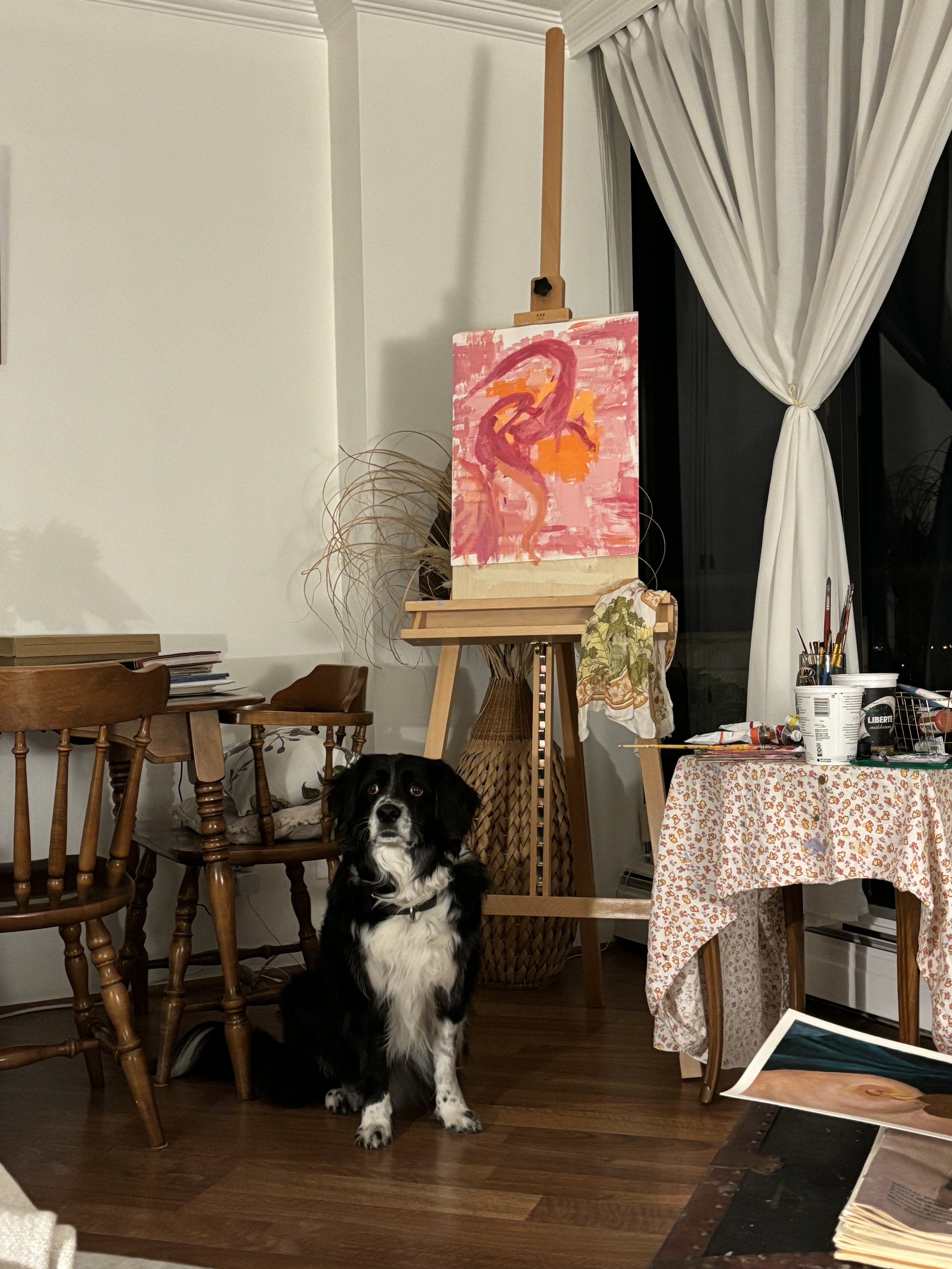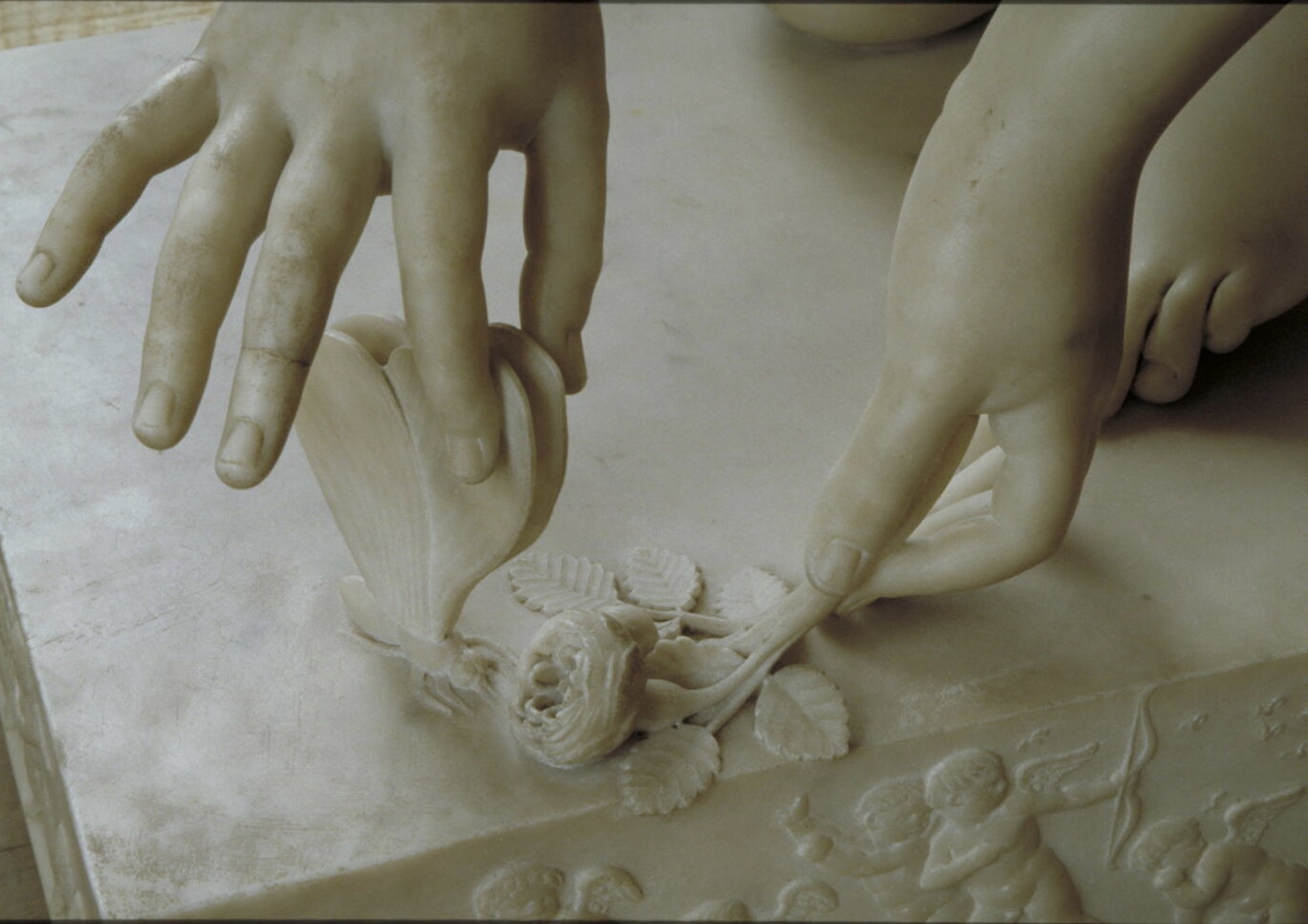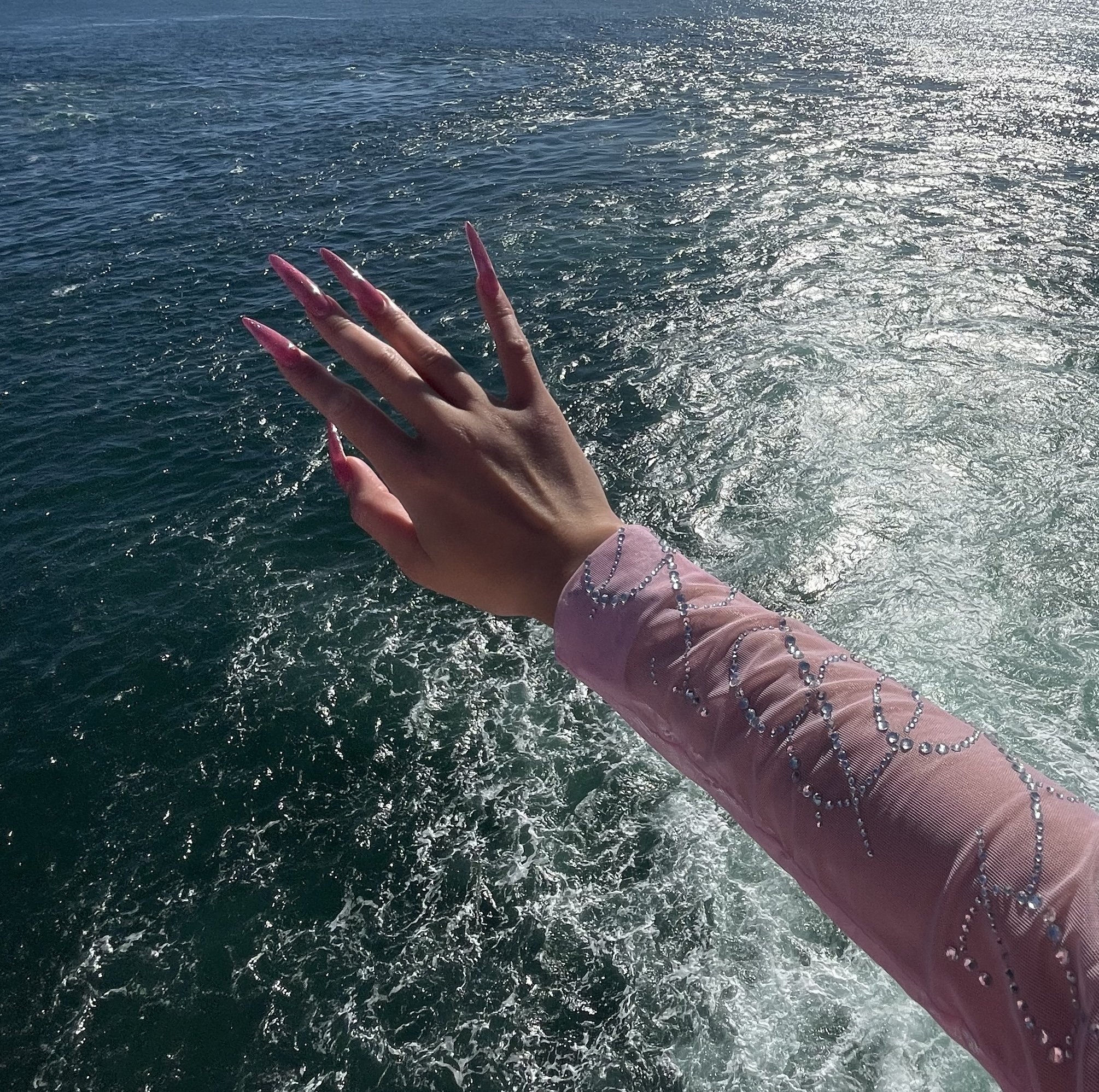SEPTEMBER 2023
and who shall I say is calling?
These days,
I hope I can tell the difference between words we need
and words I choose to keep a poem lurching along.
it’s strange, but anthony bourdain’s writing gives me such a profound and almost perverse sense of nostalgia for those days working in the “industry”—all the long nights and sore feet, the liquor chasing coffee, the clamorous but not inelegant choreography between burned fingers, fragrance, oil-skids, pirouetting elbows, drips of wine and syrup. that unlovely way of living was still so wonderful somehow, and those who are lost to it are swept up as if in rapture. rhythm, practice, cohesion. I’ve always thought of food as such a pure art, for it is consumed within minutes of its making, and it is impossible to replicate just as it is utterly entwined within the moment. and I suppose it is because of the craft’s balance between a fastidious nature and a whirlwind temperament that it attracts those who treat the world as an object to be consumed, always with the great pleasures of the corporeal, always at a sprinting pace.
coral bracho and her poems which have eyes and a beating heart:
-Because death's crowns
are rooted
in life's full heartand in them it burns
in them it yields, in them it joins
in matter.
from r. murray schafer’s the soundscape: in robert fludd’s ultruisque cosmi historia there is an illustration entitled “the tuning of the world” in which the earth forms the body of an instrument across which strings are stretched and are tuned by a divine hand. we must try once again to find the secret of that tuning. it seems to me we approach a glimpse of that shrouded song in leon theremin.
sarah simblet’s drawings of water are so remarkable because they streak with all the momentum of being drawn, and it is when action can be perceived in the made object that is the most desired compromise, when one senses not only beauty but will, and the knowledge that a line is something the drawer snaps out of an everlasting continuation in order to study the fragment’s own knowledge of ongoingness. in these flourishing, waving, weathered pieces, you hear the water, you feel its liquidity—it’s the excitement of one sense being activated then going to wake all the others up, and they all feed off of one another’s wonder.
hania rani demonstrating that the performance of music in public is also playing the surroundings, the weather, the moment, and the singularity of the moment—all is instrument.
and when I came home
people could not see I was a woman
although I made a lot of statues to explain
on a radio frequency crackled through with the fractures of order, a man speaking to his country, knowing that they are the last words, speaking of a future he will not see, of a world one can only believe in without ever having witnessed, a man who, by speaking in chorus with death’s thundering call, insures that he will live forever. . .
it elates and comforts me that passages in books bring me to tears, that an emotion can be soothed out of the page (which is in turn soothed out of a mind) and braided with the emotions of one’s own to create a long rope pulling on the somatic to induce a small fracture in the heart, a small water behind the eyes. and even a footnote! beginning pg. 152 of andré breton’s nadja (penguin modern classics edition, translatedby richard howard), this incredible relation of a moment that could’ve almost been love and defined love as what it was not—and of which the last three words display ultimately the momentum and the revelatory effect of poetic precision:
I had not been grated the realization, until today, of all that in Nadja’s attitude toward me derives from the application of a more or less conscious principle of total subversion, of which I will give only this example: one evening, when I was driving a car along the road from Versailles to Paris, the woman sitting beside me (who was Nadja, but who might have been anyone else, after all, or someone else) pressed her foot down on mine on the accelerator, tried to cover my eyes with her hands in the oblivion of an interminable kiss, desiring to extinguish us, doubtless forever, save to each other, so that we should collide at full speed with the splendid trees along the road. What a test of life, indeed! Unnecessary to add that I did not yield to this desire. It is clear how I felt—how, so far as I know, I have almost always felt—about Nadja. I am no less gateful to her for revealing to me, in such an overpowering way, what a common recognition of love would have committed us to at that moment. I feel less and less capable of resisting such a temptation in every case. I can do no less than offer thanks in this last recollection, to the woman who has made me understand its virtual necessity. It is by an extreme capacity for defiance that certain unusual people who have everything to hope and everything to fear from one another will always recognize one another. In imagination, at least, I often find myself, eyes blindfold, back at the wheel of that wild car. Just as I am sure of finding refuge among my friends when my head is worth its weight in gold and they run an enormous risk in taking me in—they are indebted to me only for this tragic trust I place in them—so, as regards to love, the only question that exists for me is to resume, under all the requisite conditions, that nocturnal ride.
from frida kahlo’s diary, the mysterious, moving lines by rafael alberti: The dove made mistakes. It made mistakes. Instead of going North it went South / It made mistakes / It thought the wheat was water / It made mistakes.
Why did I flinch? I loved you.
summer is over—it’s a little melancholic and surprising to feel almost that it never happened. summer is the season of brief things. on the island where heat is never heavy in my room of windows. because, see, I can only remember / a lonely flight into mystery / staged by the gestures of the sea
I am listening to Istanbul, intent, my eyes closed.
A pretty girl walks by on the sidewalk:
Four-letter words, whistles and songs, rude remarks;
Something falls out of her hand –
It is a rose, I guess.
I am listening to Istanbul, intent, my eyes closed.
nona fernández and the cast of space invaders who do nothing but remember, remember and dream. . .
rarely a story makes you entranced in the state of the body—as it goes through motions, as it is disturbed, as it is felt at the edges and shocked. . . living things has done all of that, has manifested disgust and sadness in a deeply engaged language that shakes not only the mind but the spine. . .and what an essential story it is too, for these times in which every surface seems to be capable of peeling away to reveal a more sinister mechanism, and one so often feels betrayed in a way that is impossible to articulate. . .
the poems that have their door hinge on a what-if
that which lies in an animal gaze is the immediately understood and incommunicable. With their parallel lives, animals offer man a companionship which is different from any offered by human exchange. Different because it is a companionship offered to the loneliness of man as a species.
As when a glass shatters during an argument,
And we are secretly thrilled. . . . We wanted it to break.



